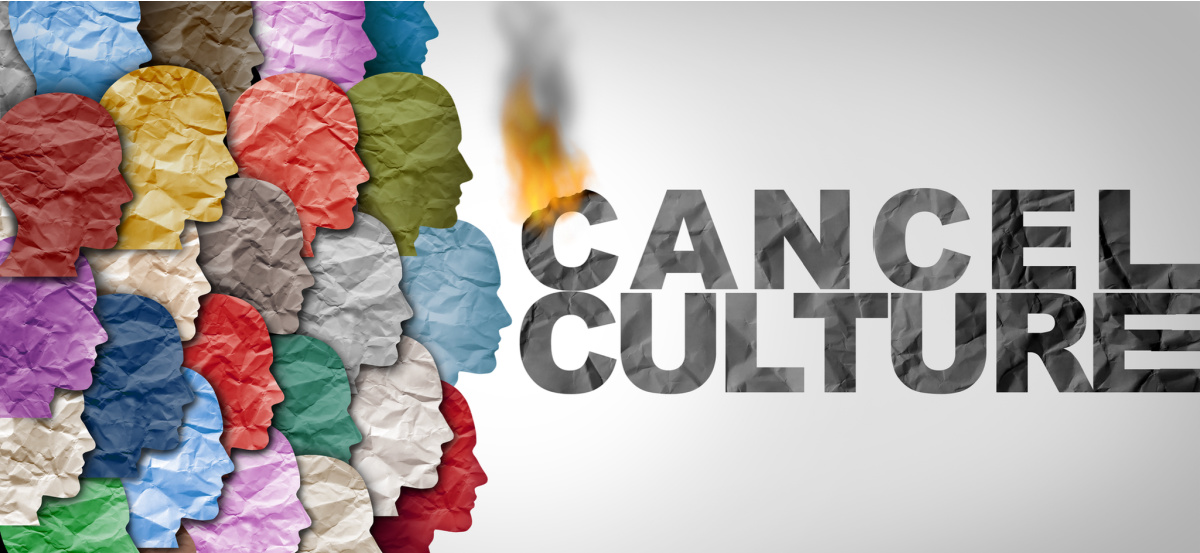Cancel Culture in the Coronavirus Era – How Restaurants Can Avoid Public Shaming
2 Min Read By Sherry Orel
The pandemic devastated the restaurant industry. For eateries trying to survive, many are implementing programs and technologies that address hygiene and safety protocols to mitigate risk and protect their employees and guests. These protocols are extremely important as restaurants are increasingly vulnerable if they are not compliant. In a proprietary survey that Bureau Veritas commissioned, more than 73 percent of people felt it was important that businesses take extra precautions regarding the way they manage sanitation to minimize the spread of the virus. In this digital age, where shaming and cancel culture are prevalent, restaurants must be enforcing measures to avoid being embarrassed, or worse, boycotted, because of lax standards.
Restaurants and food service industries will continue to face the challenge of building and maintaining trust with consumers. This is best achieved by developing strict guidelines to address every aspect of the dining experience in a manner like never before. Establishing safety, health, and hygiene excellence procedures requires more than a check-the-box exercise, but a complete culture shift – restaurants have a commitment to ensure these matters are at the core of their entire operations. An overwhelming 74 percent of people surveyed reported that they would be likely or extremely likely to patronize a business if they incorporated recommendations from a trusted source. Robust hygiene and safety measures should be highly evident throughout the restaurant to consider the complete experience.
Robust hygiene and safety measures should be highly evident throughout the restaurant to consider the complete experience.
To keep all common spaces and bathrooms clean, restaurants can increase the frequency of cleaning and sanitizing throughout the day, as well as install plexiglass to the front of host stands and open kitchens. Single-use paper menus and digital menus accessed via QR codes can also be implemented.
Additionally, it is crucial for restaurants to empower both their employees and patrons to adapt to this new normal. Before the start of each shift, employees should be required to have their temperature checked, and physical distancing reminders should be clearly visible. Masks should be required, as per state guidelines for anyone not consuming food or beverages, and additional sanitizing and washing stations should be installed throughout the restaurant. Altering furniture arrangements to align with physical distancing guidelines can also contribute to a safe reopening, both for employees and diners.
Lastly, to avoid losing the trust of their guests and becoming susceptible to online shaming, it is important to ensure these guidelines are enforced. Once practices are in place, restaurants can perform regular audits or review to ensure adherence. Internally, a position should be created for someone to critically review and enforce all protocols within the restaurant. An independent task force can also be brought on to monitor the safety methods, or, ideally, a restaurant can partner with an independent third-party company to ensure hygiene compliance and mitigate risk.
Hygiene has always been among the most important aspects of restaurant operations; now, it is at the center of the experience, requiring restaurants to elevate their programs to remain competitive and coveted. The coronavirus has not only altered Americans’ daily lives, but more specifically, their dining habits. As we begin to adjust to this new normal, it is vital that businesses adapt their practices to reflect the new standard of cleanliness to build confidence and loyalty among guests and to avoid surviving COVID-19 only to be ‘canceled’ publicly.


